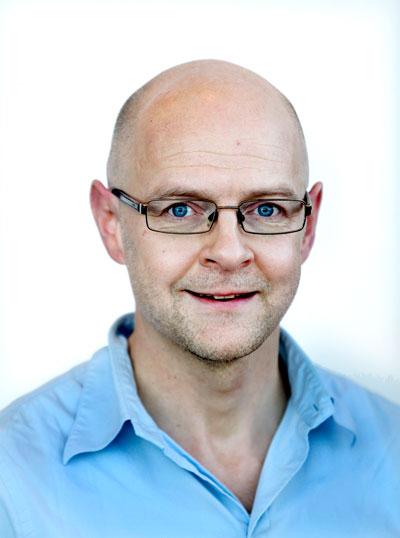Gamification to change behavior
2019-10-25To connect with the customers, stores and companies will in the future use Gamification more and more. Johan Högberg has written a dissertation on this topic and sees gamification as a powerful tool to change or maintain behavior.
"I have looked at certain parts of the gaming experience, and how to use it for marketing purposes. I have conducted experiments in stores and investigated how to create customer engagement and sales with the help of gamification. Additionally, I investigated whether gamification means that you talk positively about the company and how you can create positive emotions by doing something that is fun, to play a game." says Johan Högberg, new PhD in Psychology at CTF, Service Research Center at Karlstad University
Johan Högberg created a quiz that customers could use in a smartphone. The app used location-based technology and customers were asked different questions depending on where they were in the store. Discount coupons were at stake and the purpose was to create positive emotions among the customers.
Gamification, means any type of game that is used to change behavior. Pokémon Go is an example of trying to motivate people to become more physically active, social and move outside the home.
Johan Högberg has created a model that is used in research on gamification. The model describes seven different dimensions that gamification influences: accomplishment, challenge, competition, immersion, guided, playfulness, social experience. The various dimensions are measured, and based on the aggregated numbers a measure of how well the gamification is working is created.
"I think the model can be used for future research to understand gamification. The model can be used to see which dimensions people like and what drives behavior change. I also see that gaming companies could use the model to see if their games have the effect they are looking for.” says Johan Högberg.
Johan Högberg defended his thesis at Karlstad University on October 22. He conducted his doctoral studies at CTF, Service Research Center at Karlstad University.



